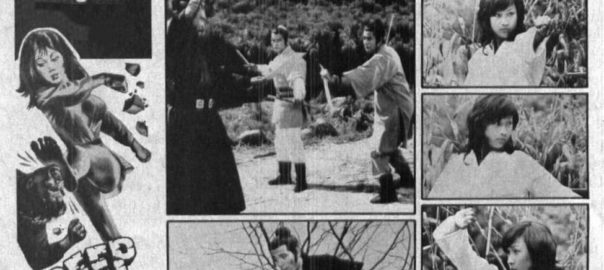Month: November 2002
-

Voodoo Witches and a Skeleton Backdrop
With Macbeth, Welle’s desire to subordinate the performances to the production’s overall concept was actually helpful, since his cast contained only four professional actors. The Federal Theater Project, it should be remembered, was a relief organization whose primary mission was to put people to work; Hallie Flanagan’s stated goal was to spend 90 percent of…
-
Titanic
Titanicutställningen som tidigare varit i Stockholm och Köpenhamn har flyttat till Sjöfartsmuséet i Göteborg.
